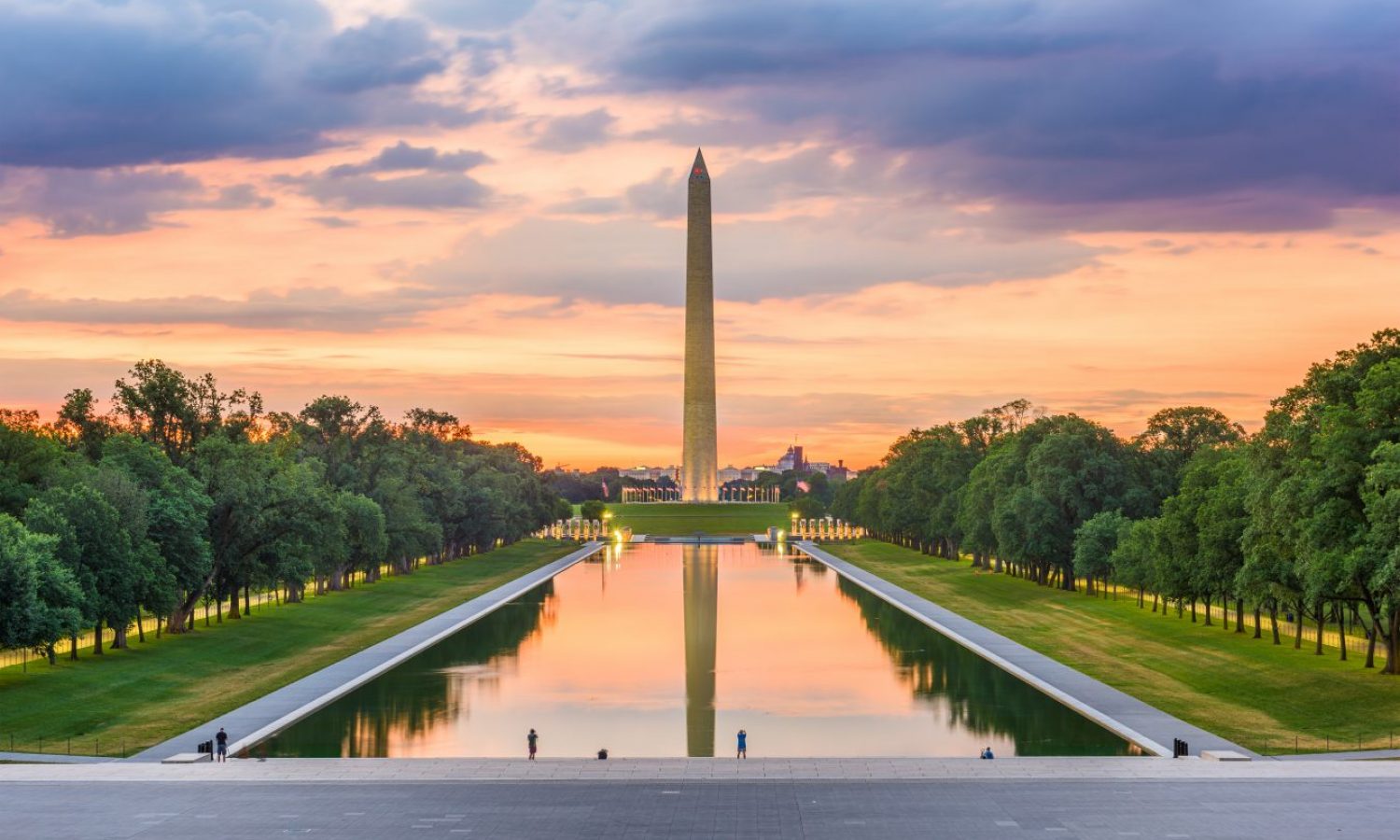i2Coalition Internet Infrastructure Policy Brief: June 2025
Your brief update on important Internet policy issues
OUTLOOK
In late June, world attention abruptly turned to news of the U.S. entry into the Israel-Iran conflict with a bunker-buster bombing mission against Iran’s nuclear capabilities. President Trump and his Cabinet defended the move and asserted that the U.S. strikes had obliterated Iran’s nuclear facilities. President Trump soon thereafter announced a ceasefire between Iran and Israel. Meanwhile, on trade, President Trump’s “90 deals in 90 days” initiative progressed more slowly in June than anticipated. Consequently, near month’s end it was unclear if the Trump Administration would fully adhere to the early July deadline when massive U.S. reciprocal tariffs are set to go back into effect on numerous countries. The President’s legal authority to mandate the tariffs is the subject of ongoing litigation expected ultimately to be addressed by the U.S. Supreme Court.
The Senate returned to Washington in June with Republicans focused on passing by a majority vote the Senate version of the budget reconciliation measure encompassing the bulk of President Trump’s economic policy agenda for the nation–called the “One Big, Beautiful Bill Act” (OBBA). President Trump has set a July 4 deadline for both chambers to pass a final version of the legislation. After weeks of difficult intraparty talks involving Republican moderates concerned about Medicaid cuts, and conservatives alarmed about the overall cost of the reconciliation package, Senate Majority Leader John Thune (R-SD) emerged confident by month’s end that he would have the 51 votes needed to pass the massive OBBA and send it to the House for a final vote. Vigorous debate had earlier ensued regarding a temporary moratorium on state AI regulation championed by Senator Cruz (R-TX). The AI provision was renegotiated by Senators Cruz and Blackburn (R-TN) to have a narrowed scope and a term of five years instead of ten. While closely monitoring the outcome of the Senate’s reconciliation deliberations, the House intensified its work on FY 2026 appropriations bills, with markup sessions scheduled during June and July and a goal set for House passage of all 12 funding bills before the August Congressional recess. The House also passed by a tight 214-212 vote the “rescissions package” that the Trump Administration sent to lawmakers to codify about $9 billion in funding reductions that were identified by the Department of Government Efficiency (DOGE), including cuts to US AID, international development programs, and public broadcasting. Senate Republicans have until July 18 to pass that rescissions package by a 51-vote majority.
TECH POLICY PRIORITIES
Intermediary Liability/Content Moderation. The Senate Judiciary Committee advanced the STOP CSAM Act at a markup session on June 12. The bill creates an exception to Section 230 and allows a new type of lawsuit to be filed against interactive computer services, accusing them of “facilitating” child sexual exploitation based on the speech of others. A House version of the STOP CSAM Act was also reintroduced on June 11.
Federal Privacy. The Republican leadership of the House Energy and Commerce Commerce Committee has indicated that they aim to pass comprehensive federal consumer data privacy legislation by the end of this year, with the Committee’s GOP Privacy Working Group leading the drafting process. The Senate Commerce Committee advanced COPPA 2.0, the Children and Teens’ Online Privacy Protection Act, at a markup on June 25, and the bill now awaits a Senate floor vote.
Copyright/IP. House Judiciary IP Subcommittee Chair Darrell Issa (R-CA) circulated for stakeholder input a discussion draft outline of legislation that would authorize judicial blocking orders against foreign piracy websites. The Senate Judiciary IP Subcommittee Chair Thom Tillis (R-NC) announced that he will not seek reelection in 2026.
Antitrust/Competition. Lawyers made closing arguments in federal court on May 30 in the antitrust case against Google’s dominance in online searches. The U.S. Department of Justice is reviewing whether Google’s planned $32 billion acquisition of cybersecurity company, Wiz Inc., would illegally limit competition in the marketplace.
Broadband. The U.S. Supreme Court upheld as constitutional the funding mechanism for the Universal Service Fund, rejecting a challenge that argued it violated the nondelegation doctrine. The NTIA issued new guidance for the Broadband Equity, Access, and Deployment (BEAD) Program rescinding approval of final spending plans for Louisiana, Delaware, and Nevada, removing the preference for fiber, and requiring states to rebid their broadband projects. The new NTIA guidance has sparked bipartisan concerns that the new policy will delay states’ broadband deployment. The Senate confirmed Olivia Trusty for a full term as FCC Commissioner, restoring a quorum at the agency. Two Commissioner positions remain vacant following the departures of Commissioners Starks (D) and Simington (R).
Find Out More…
For more in-depth updates on Internet policy, including issues that specifically impact your organization, please contact us about joining the i2Coalition.

